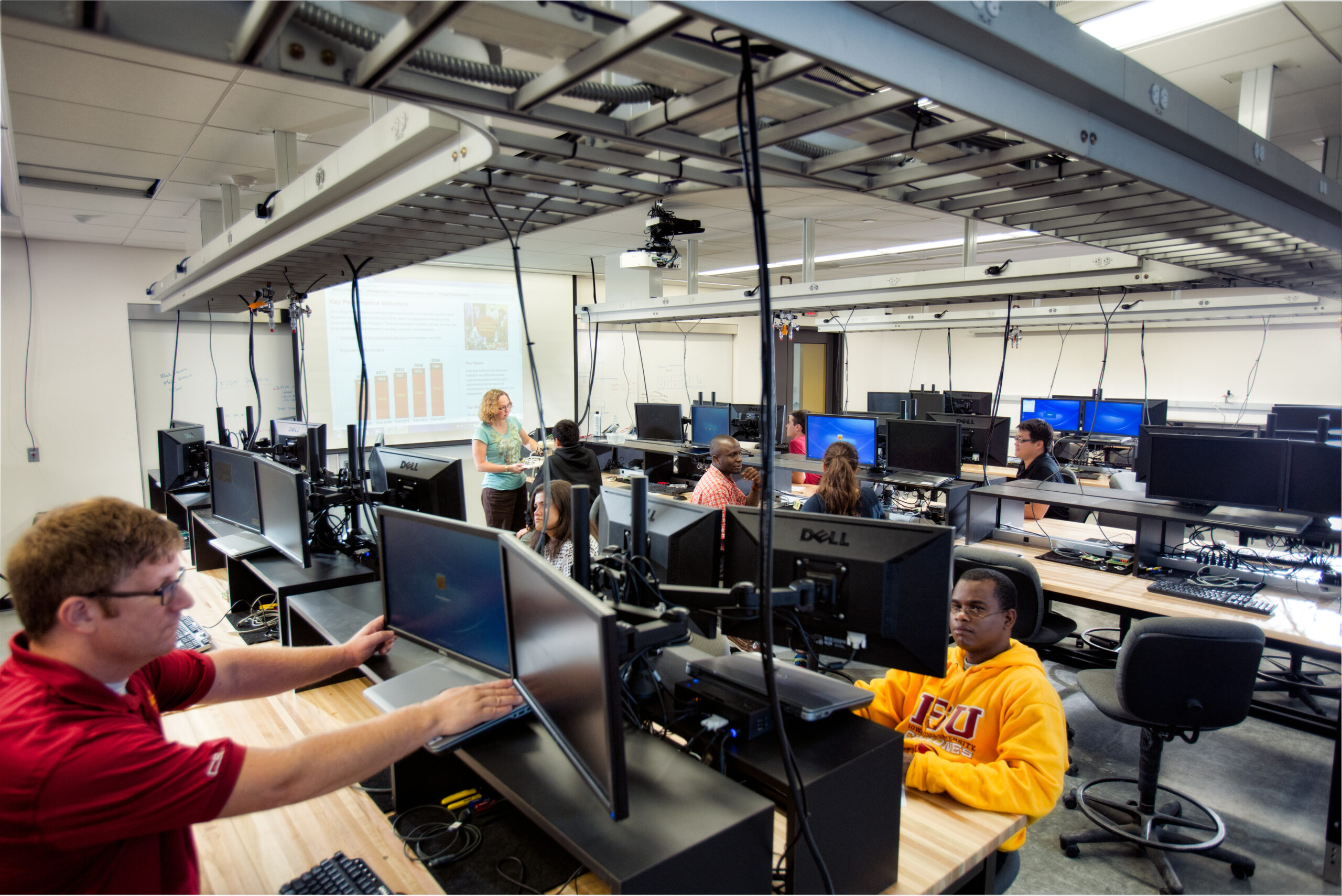Your Discovery In The Making
Cyber security engineers play a critical role in all aspects of cyber security, from protecting data to securing networks and systems from adversaries, thus enabling safer cities, societies and economies. Cyber security engineers must always be ahead of the curve, designing the newest protections against emerging and foreseeable future cyber threats.
Cyber security engineers:
- Design the next generation of cyber security protection mechanisms
- Protect critical services such as hospitals, power grids and water treatment plants
- Prevent and solve cyber crimes
- Develop solutions to ensure safety and privacy of people online
- Protect global information systems and physical networks





